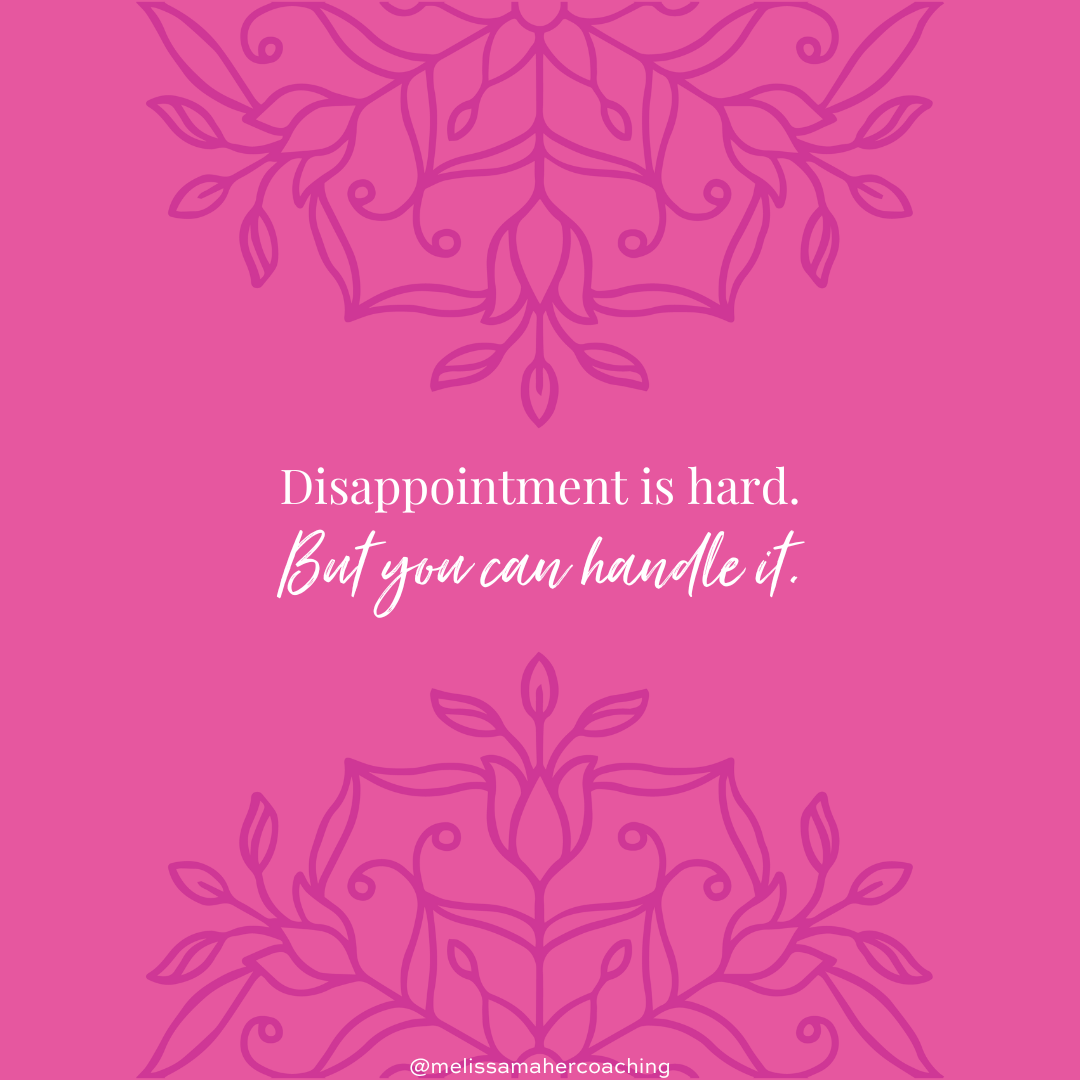The Superpower of Tolerating Disappointment
One afternoon this summer I arrived to pick my six-year-old up from camp to find her over the moon excited to bring home the camp’s two pet white mice, which she’d gotten to keep the night before and fallen head over heels in love with.
She ran up with an eager smile on her face, asking if we could bring them home again…but no sooner had I responded Of course than another little girl’s mom said that while she’d turned the request down the day before, she would be open to her daughter bringing them home that night.
My daughter graciously said, “Oh, sure Lily, here you go” and passed on the cage, but I could feel the quiver already building. As I bent down to check in, she burst into the saddest tears.
We sat down on a log in the sunshine together as waves of full-body sobs surged through her periodically for the next 45 minutes.
She nestled into my lap and I cradled her as waves of disappointment moved through her for as long as they needed to, saying little other than the occasional “Oh, honey, I know, you had just fallen so in love with those mice. That's so disappointing".
Gradually the waves subsided and she was ready to walk to the train, chipperly filling me in on the rest of her day (and of course lobbying to get two white mice of her own as pets ;)).
I felt so palpably as we sat on that log together just how hard the feeling of disappointment is to feel.
How intensely disappointment reverberates through these bodies.
I was reminded why we adults have accrued all these protective and distractive strategies to do anything to avoid feeling these types of difficult feelings.
And I consciously chose to sit with her on that log for as long as she needed for the intensity of that feeling to run its course because I believe in my bones the profound power of learning to trust that we can handle the intensity of even our biggest emotions.
If I’d whisked her away with a dismissive “I know it’s hard, but you got to have the mice last night” I would have shortchanged her of a golden opportunity to build self-trust and emotional resilience.
She needed a warm, accepting presence to hold space and feel stable for her as she rode those waves of intensity, and I wanted to give her a felt experience in her body that all her feelings are acceptable and safe to feel.
And as we sat, we both got to increase our bandwidth of tolerance for disappointment. Since I, like so many of us, wasn’t offered much warm, patient presence when I experienced tough feelings as a kid.
So we can keep practicing as adults offering warm, un-rushed, nonjudgmental space for ourselves to experience whatever we’re feeling when we’re feeling it.
Because a felt sense of being seen, accepted and lovingly held just as we are is the core of our deepest human longing.
The more kind space we can hold for our own inner experience in this way, the less reactively triggered we become to the emotional expressions of those around us, too. And that leads to a more peaceful, harmonious world, one micro-interaction at a time.
So here's to us each holding a little more warm space for our own disappointments, big and small.
(*Also, of course we don’t always have 45 minutes to sit with our kids’ or our own feelings in the moment. The encouragement is simply that we lean into just a bit more allowance of our challenging/intense feelings whenever and however we’re able.)
Lots of Love,
Melissa
PS - If you’re curious about exploring these themes in a sweetly personalized way, be in touch about 1:1 coaching possibilities.

